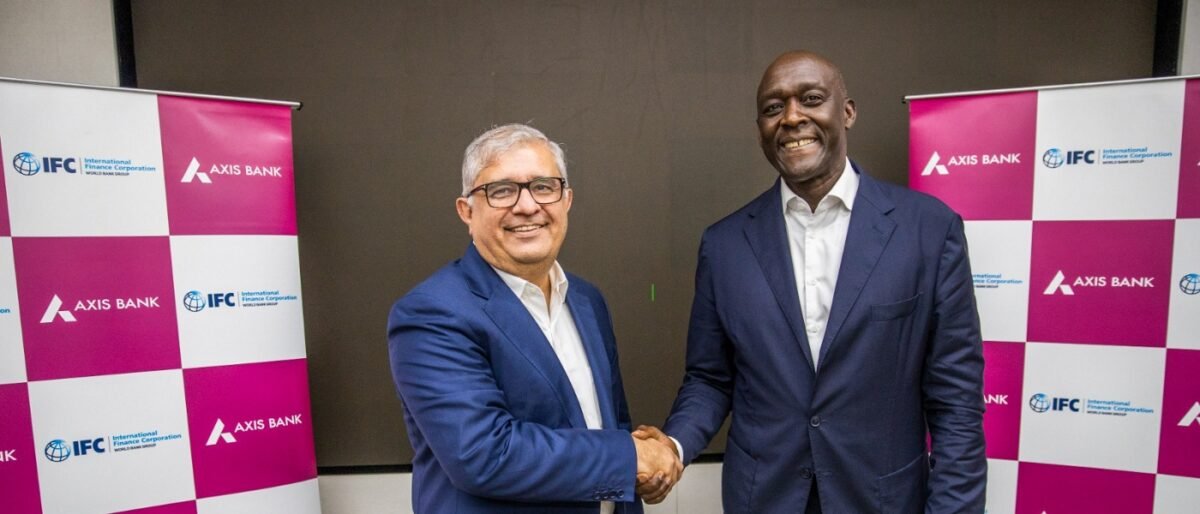IFC, SAFIA, and Corteva partner to launch Global Agri-Entrepreneurship Academy
GAEA will help develop rural entrepreneurs to provide improved inputs and services to farmers to increase livelihoods and build climate resilience.
The Global Agri-Entrepreneurship Academy (GAEA) was officially launched by International Finance Corporation (IFC), Sustainable Agriculture Foundation International Association (SAFIA), and Corteva Agriscience. GAEA has the ambitious goal of supporting 500,000 rural entrepreneurs with training, mentoring and market linkages to become sustainable service providers to 100 million farmers across Asia, Africa, and Latin America in 10 years.
GAEA was set up to address critical challenges in smallholder farming that include lack of local and affordable access to quality inputs, technology, and modern farming know-how. Rural entrepreneurs present a way to fill these gaps, but they need targeted training and mentoring to overcome their own challenges of low managerial capacity, and limited access to knowledge, technology and financial services. GAEA is a registered not for profit foundation in Switzerland.
Simon Winter, Executive Director of SAFIA, stated “We have activated more than 23,000 rural entrepreneurs to create jobs in the villages, raise living standards, and improve farmers’ access to inputs, services and markets. Now we want to share the experience of guiding rural youth and women to become successful entrepreneurs at a much greater scale through access to our tools, methods and experience with others.”
GAEA has identified partners in Bhutan, Cambodia, India, Tanzania and Cote d’ivoire to launch the first cohort of projects. Several memorandums of understanding (MoUs) pertaining to these proposed partnerships were also signed during the launch. The launch was followed by a panel discussion on the impacts of agri-entrepreneurship on smallholder farmers.
“GAEA supports our partners and clients in implementing programs effectively without re-inventing the wheel and by making good use of GAEA’s repository of proven knowledge and resources in agri-entrepreneurship,” said Alan Johnson, Senior Operations Officer at IFC, adding, “We want to leverage existing expertise and agri-entrepreneur networks to create impact at scale.”
The three founding members signed a MoU at the event to affirm their commitment to a standardized approach to agri-entrepreneurship development and sharing lessons for long-term growth.
“Rural entrepreneurs succeed when they are equipped with strong management skills, financial discipline and access to capital,” said Anuja Kadian, Director – Government & Industry Affairs (Asia Pacific), Corteva Agriscience. “With the right training and mentorship, they can become dependable, profit-driven service providers who strengthen agri-value chains and deliver comprehensive solutions to smallholder farmers. This helps in creating an ecosystem of agri-entrepreneurs, we can bridge the gap between innovation and last-mile delivery, ensuring farmers have access to high-quality inputs, modern techniques and sustainable practices. This, in turn, drives productivity, resilience and long-term growth in rural economies.”
GAEA will help develop rural entrepreneurs to



